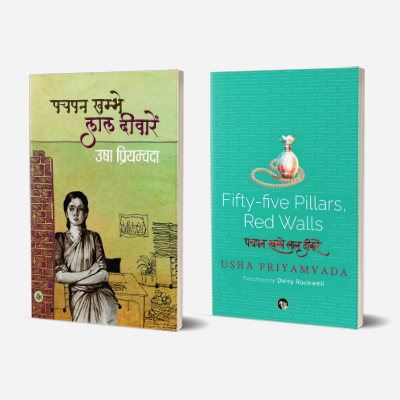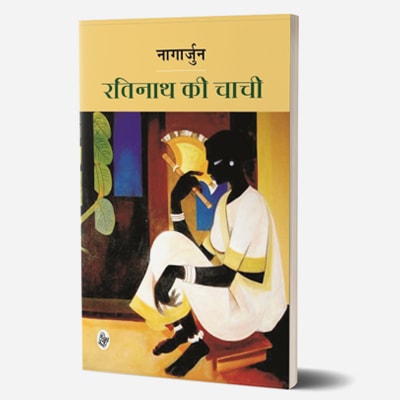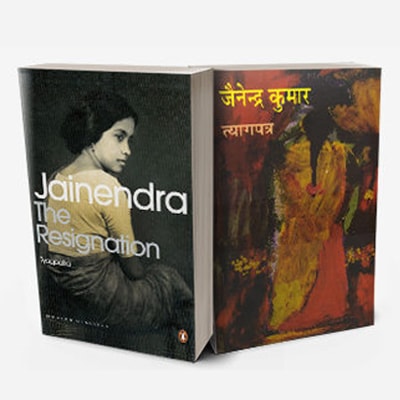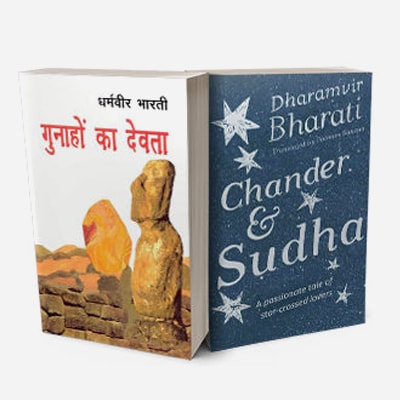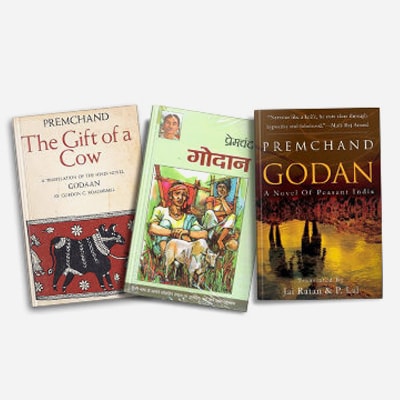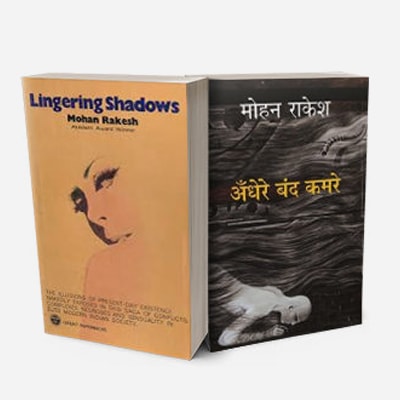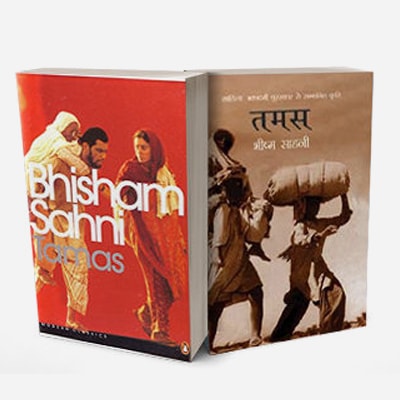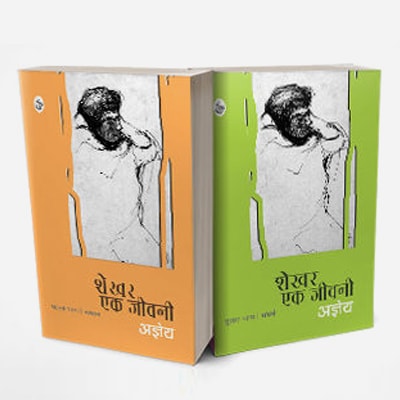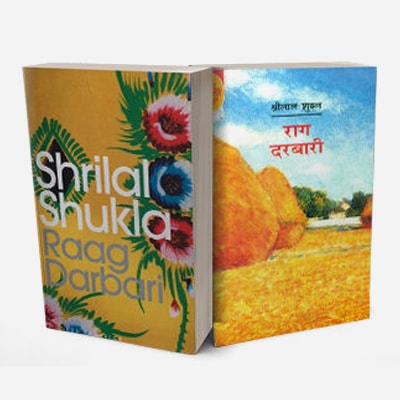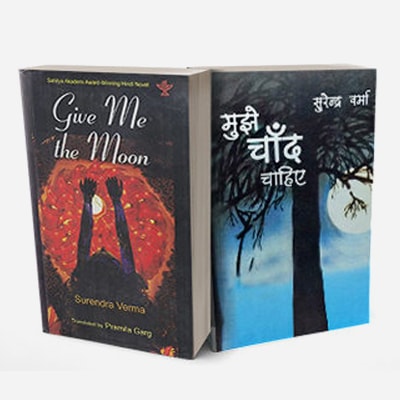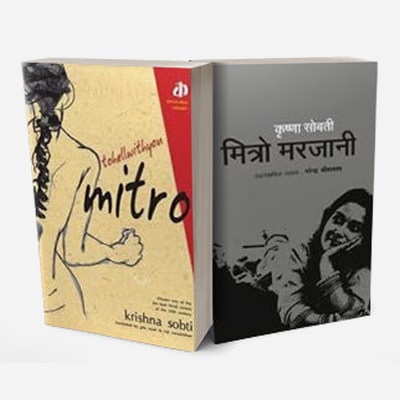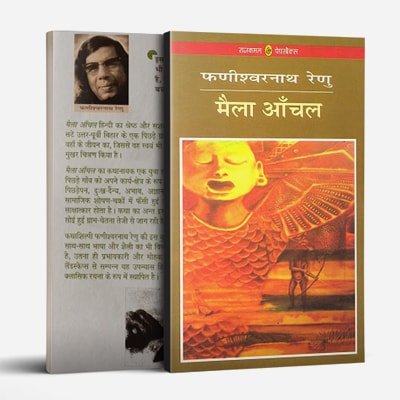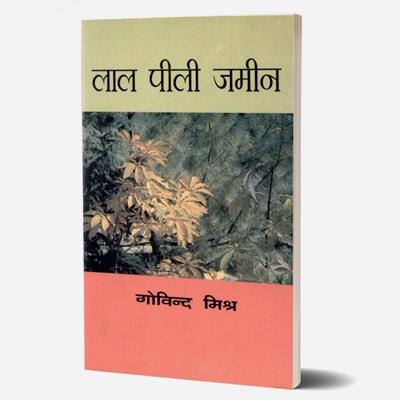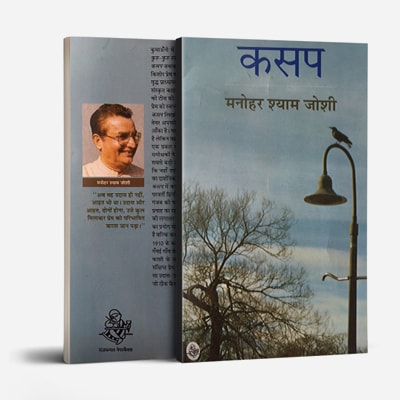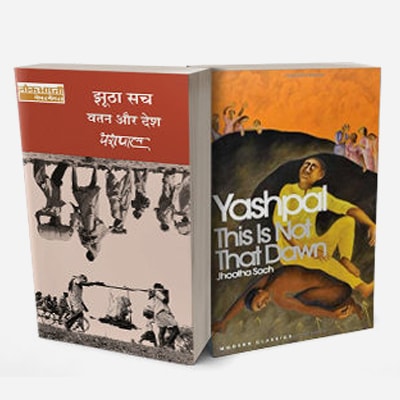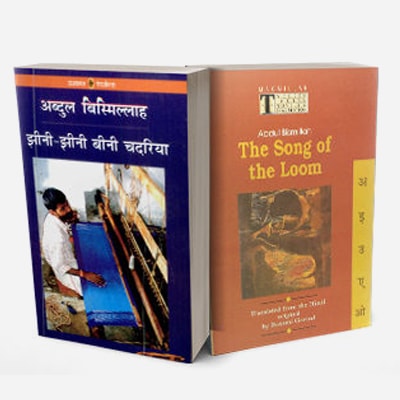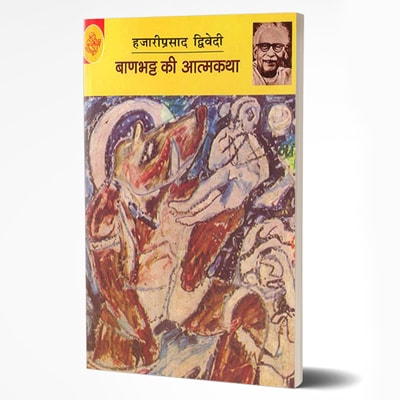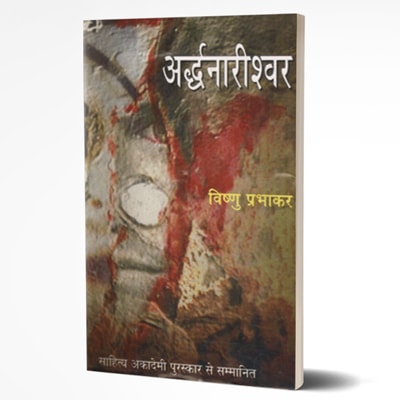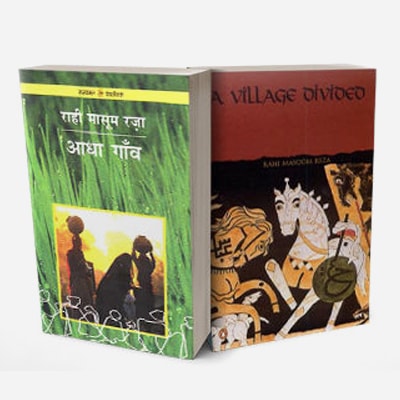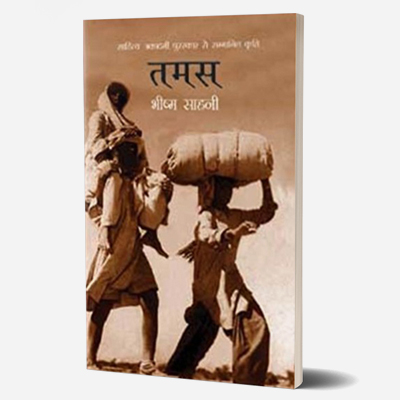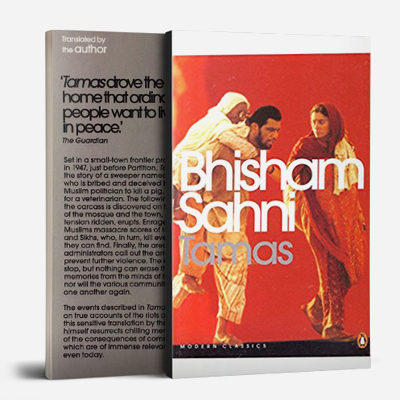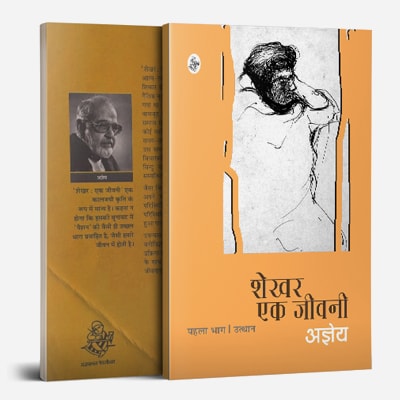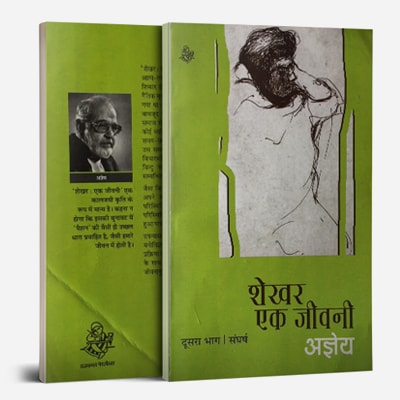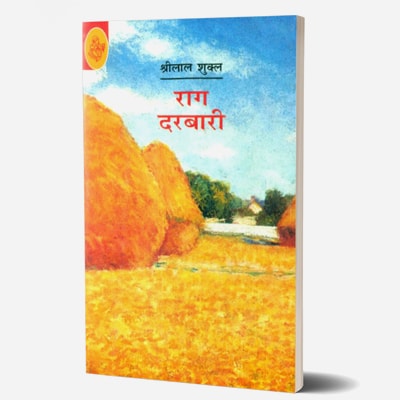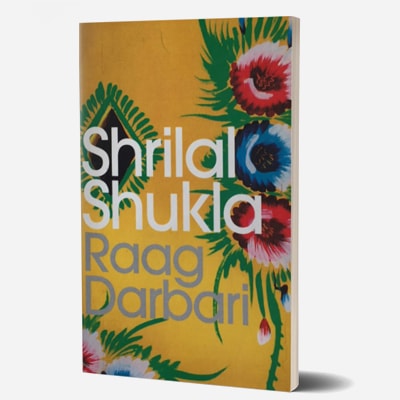Tamas
By Bhisham Sahni
Translated by the author himself
The novel opens with a man from a low caste, a tanner named Nathu, slaughtering a pig. He has been offered five rupees by an influential Muslim man named Murad Ali to kill the pig, having been told that it is for veterinary purposes. Murad instructs him to dump the carcass in a pushcart, and Nathu considers his work done. The next morning, the pig’s body is found on the steps of the local mosque by the Congress committee, comprised of members of all three major religions. This act is seen as a provocation, assumed to be done by the Hindu community. In retaliation, a cow is slaughtered and the city, already full of tension surrounding the forthcoming Partition legislation, erupts into rioting and murder.
Tamas presents a snapshot of a violent and fractured period in Indian history and through fictionalization allows the reader to inhabit the minds of those who perpetrated and suffered through its worst crimes.
Bhisham Sahni was one of the most prolific writers of Hindi literature. He was a writer, playwright, and actor, most famous for his novel and television screenplay Tamas (Darkness, Ignorance), a powerful and passionate account of the Partition of India. He was awarded the Padma Bhushan for literature in 1998, and Sahitya Akademi Fellowship in 2002.
He joined the struggle for Indian independence. At the time of Partition, he was an active member of the Indian National Congress, and organised relief work for the refugees when riots broke out in Rawalpindi in March, 1947. In 1948, Sahni started working with the Indian People’s Theatre Association.
Tamas is one of those rare Hindi novels that has been translated not once, but twice. The first translation, by the indefatigable translator of Hindi and Urdu, Jai Ratan, was published in 1981. The second was undertaken by Sahni himself, who came to realise there were serious problems with the Ratan’s translation, and published in 2001.
Shekhar Ek Jeevani
By Sachchidananda Hirananda Vatsyayan 'Agyeya'
Shekhar: Ek Jeevani is an important, thoughtful and a creative work relating to philosophy of life. Ego, fear and sex – Shekhar’s life and personality moves around these instincts and he tries to find the essence of his life as if wanting to sacrifice it. With such a dedication, many an achievement appear to have filled the composition in the form of a novel. It is an incomplete life-history of a revolutionary. This tale, despite its incompleteness, is full of humanity’s accumulated experiences.
Shekhar is one such character in Hindi literature who is very lonely. He is rebellious, existent and curious. His life is a continual search for meaningfulness. In this search, approaching death does not disappoint him, but fills him with a new awareness and he tries to gain life once again. But, Shekhar is not a determinist. Agyeya has called Shekhar’s philosophy as the philosophy pertaining to search for freedom.
Sachchidananda Hirananda Vatsyayan popularly known by his pen-name Agyeya, meaning beyond comprehension. He was a pioneer of modern trends not only in the realm of Hindi poetry, but also fiction, criticism and journalism. He was one of the most prominent exponents of the New Poetry and Experiments in Modern literature. He edited the Saptaks, a literary series, and started Hindi newsweekly, Dinaman.
He did his BSc in Industrial Science 1929. After graduation he was included in Punjab University’s Cosmic Ray Expedition to Kashmir. He then joined M.A. English, but couldn’t complete his studies as he joined the Indian Independence Movement’s underground activities. In the infamous Delhi Conspiracy Case he was kept in Lahore for one month, then spent three and a half years in jails of Delhi and Punjab. Later he remained under house arrest for almost two years at home. His classic novel-trilogy Shekhar: Ek Jivani was a product of those prison days. The third part of the novel was never published because the manuscript was seized by the jailor and never returned.
Raag Darbari
By Shrilal Shukla
Translated by Gillian Wright
The story does not have a fixed plot – it is merely a series of anecdotes. The novel is narrated from the point of view of Ranganath, a research student in history, who comes to live with his uncle, Vaidyaji, in a village named Shivpalganj in Uttar Pradesh for a few months. He learns how his uncle uses all the village institutions—the village school, the village panchayat, the local government offices for his political purpose. The conduct of his uncle and the petty village politicians is in stark contrast to the ideals that Ranganath has learnt to aspire to during his university education There are several such incidents, one after the other, that shatter Ranganath’s lofty ideals and faith in justice. He is a mere spectator of the system – unable to make a mark or stand up for himself.
Shrilal Shukla was notable for his satire. He worked as a Provincial Civil Services (PCS) officer for the state government of Uttar Pradesh. He has written over 25 books including Raag-Darbari, Makaan, Sooni Ghaati Ka Sooraj, Pehla Padaav and Bisrampur Ka Sant.
Shukla has highlighted the falling moral values in the Indian society in the post-independence era through his novels. His writings expose the negative aspects of life in rural and urban India in a satirical manner. Shukla received the Jnanpith Award, the highest Indian literary award, in 2011. His first major award was the Sahitya Akademi Award for his novel Raag Darbari in 1969. He received the Vyas Samman award in 1999 for the novel Bisrampur ka Sant. In 2008, he was awarded the Padma Bhushan by the President of India for his contribution to Indian literature and culture.
